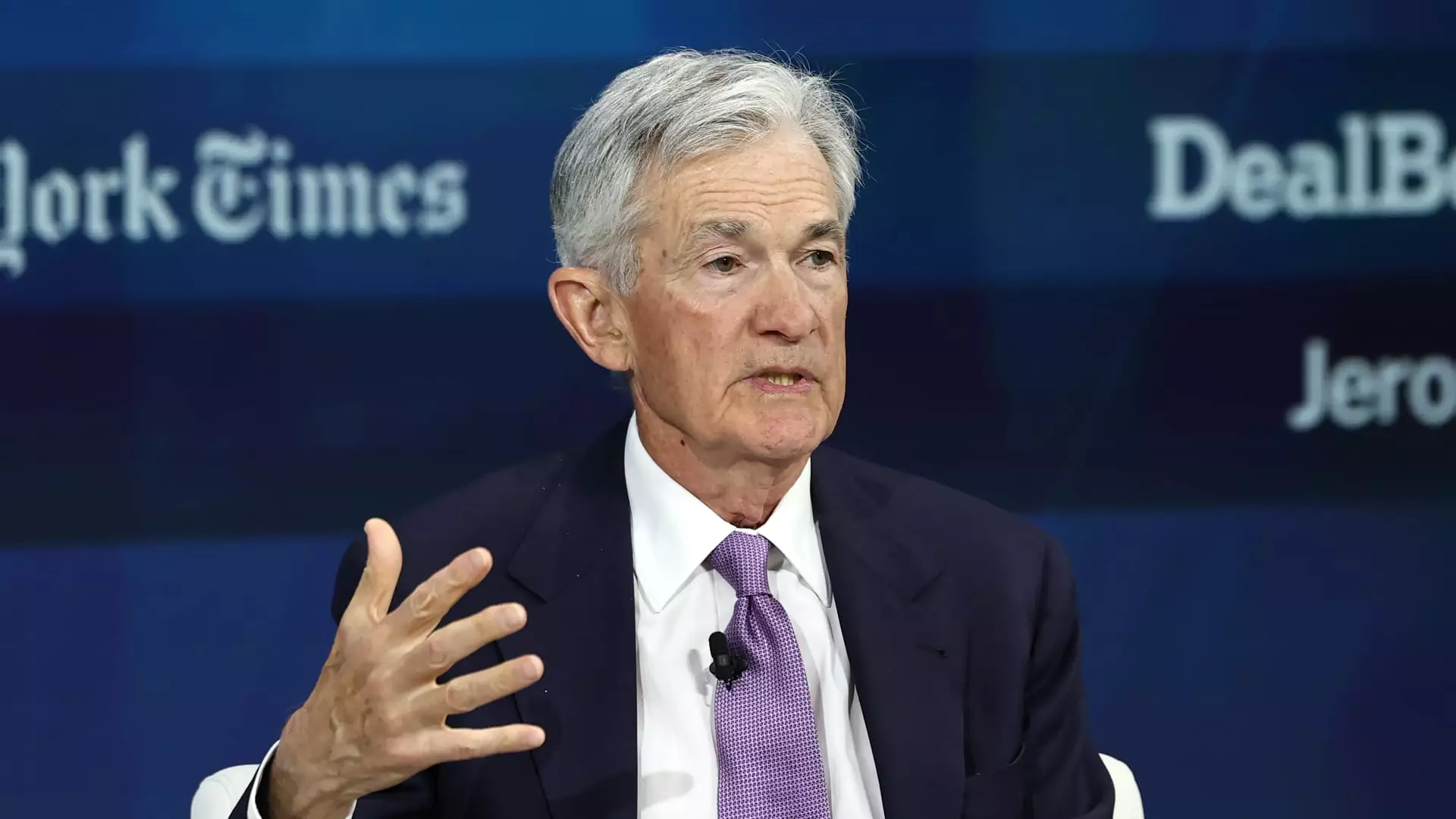The Federal Reserve serves as the central banking system of the United States, playing a pivotal role in managing the country’s monetary policy. Given its significant influence on the economy, the perception of its independence from political forces is crucial. Recently, Federal Reserve Chair Jerome Powell addressed concerns surrounding the potential politicization of the Fed by President-elect Donald Trump. This discussion arises in the context of political pressures which have historically surrounded the institution, particularly during Trump’s tenure, where he openly criticized the Fed’s policies and management.
Maintaining an independent Federal Reserve is not merely a matter of tradition; it is essential for the integrity of American economic policy. The Fed’s autonomy is grounded in legislation that was specifically designed to insulate it from political whims. By preserving this independence, the Fed can make more objective decisions focused on broader economic stability rather than short-term political gains.
The prospect of a president attempting to exert influence over the Fed raises significant concerns. With reports suggesting that Trump may seek to undermine Powell’s authority, the potential for creating a “shadow chair” looms large. However, Powell reassured stakeholders by emphasizing the safeguards enshrined in the Federal Reserve Act. The structural design of the Fed prevents any one individual from exerting undue influence over its policies.
During an interview at the New York Times’ DealBook Summit, Powell articulated the essence of independence: “What does independent mean? It means we can make our decisions without them being reversed.” His statement indicates a committed focus on the institution’s primary goals: achieving maximum employment and maintaining price stability. Such goals emphasize the importance of making decisions for the broader public good, instead of catering to individual political agendas.
The Impact of Economic Conditions on Monetary Policies
Looking towards the future, Powell noted that the Federal Reserve is positioned to proceed with caution in its approach to interest rate adjustments. The current status of the U.S. economy—which Powell described as the envy of other economies globally—affords the Fed a unique cushion of patience. This position enables the central bank to carefully navigate its path forward without being rushed by external pressures.
Market analysts anticipate that the upcoming meeting of the Federal Open Market Committee will likely result in a modest interest rate cut, with expectations that some further reductions may follow in the subsequent years. Such decisions, made without immediate political interference, may not only stabilize the economy but also enhance public trust in the institution’s integrity.
Despite the noise from the political arena, Powell expressed optimism regarding the broad bipartisan support for maintaining the Federal Reserve’s independence. “I think there is very, very broad support for that set of ideas in Congress in both political parties on both sides of the Hill,” he said. This widespread consensus is critical, as it reinforces the notion that economic decisions should transcend partisan politics, allowing the Fed to perform its functions effectively.
The existence of such cross-party support is vital as it allows the Federal Reserve to operate without fear of retribution or manipulation. By emphasizing economic resilience over political gain, both parties can contribute to a more stable and prosperous economic environment for all Americans.
The politicization of monetary policy poses a tangible threat to the integrity of the Federal Reserve. However, through established legislative frameworks and a commitment to independence from political influences, the Fed can continue to serve its critical functions. Chair Jerome Powell’s reassurances, along with the broad consensus in Congress, suggest a pathway forward that prioritizes economic stability and public well-being over political maneuverings. As the Fed approaches key decision points in the coming months, its ability to maintain independence will remain a pivotal factor in the overall health of the U.S. economy.

